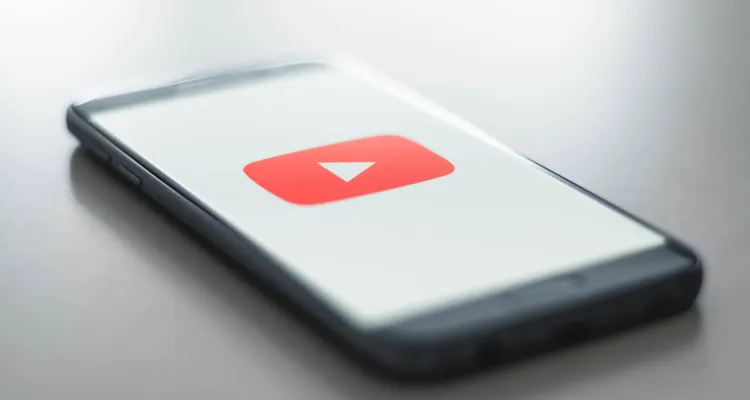As a growing number of tech companies invest heavily in recent explosive advances in AI, YouTube introduces two new AI-powered music ad solutions focused on targeting Gen Z.
YouTube has announced two new AI-powered features enabling brands to advertise to Gen Z using popular music more easily. While the Google-owned video platform has long leveraged AI to recommend videos to users, the new ad features are launching to cement YouTube’s position as a comprehensive music platform while offering a suite of features for brands seeking to utilize music to connect with a younger audience.
Following the heels of this year’s Coachella festival, YouTube announced its new features while describing itself as “the ultimate destination for content during festival season,” — especially among Gen Z — “who come to the platform to share and engage with videos ranging from performance highlights to outfit inspiration, vlogs, and more.”
Gen Z Music, the first new feature announced, uses AI to identify the songs trending among Gen Z users across YouTube. Advertisers may be surprised to learn, for example, that ’80s hits from Cyndi Lauper have recently spiked in popularity among Gen Z users on the platform — trends that are important to note as they deviate from the usual contemporary hits.
The second feature, Trending Music on Shorts, is intended to help brands leverage YouTube’s TikTok-like Shorts better. “Gen Z uses short-form video to participate in pop culture, discover new hits and engage with their favorite musical artists,” says YouTube. Details are relatively scarce at this stage, but YouTube indicates that its upcoming Trending Music on Shorts feature will strategically place ads within “popular, music-themed Shorts videos” with the help of AI.
“Much like YouTube creators, brands have the same potential for innovation and creative storytelling,” says Nicky Rettke, Vice President of Product Management at YouTube. “YouTube’s array of creative tools and ad formats, powered by Google’s AI, means brands can tell stories they want to tell and reach the world’s largest video-viewing audience. That means more ways to reach viewers across all the ways they watch — and stronger ROI compared to TV and online video.”
Google’s research and development into AI have increased rapidly in recent months to remain a step ahead of competitors like Microsoft, which announced AI-powered upgrades to its Bing and Edge platforms. Similarly, Meta and Amazon have taken steps to harness the growing enthusiasm surrounding generative AI.

